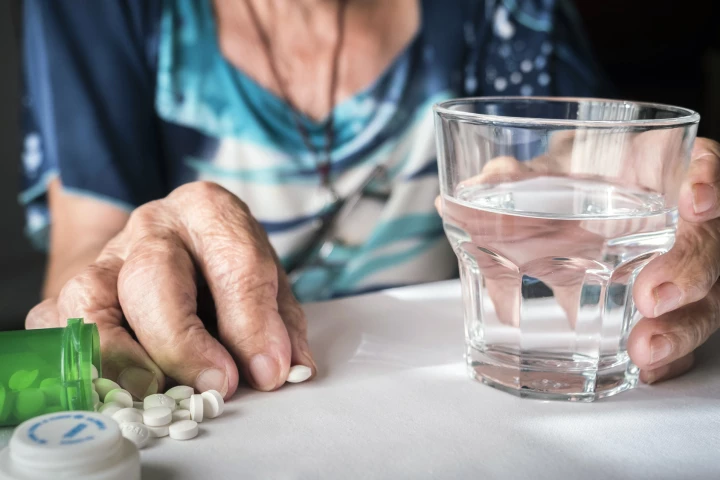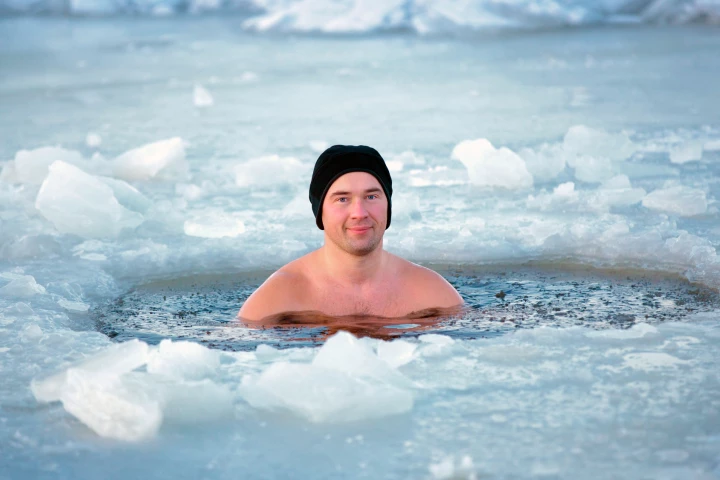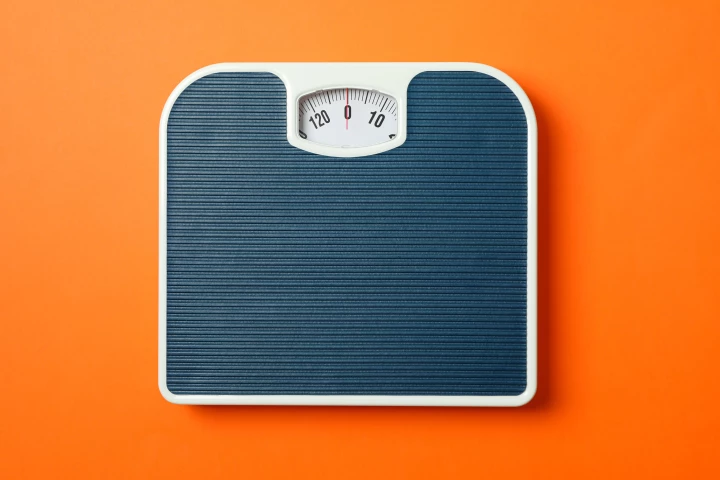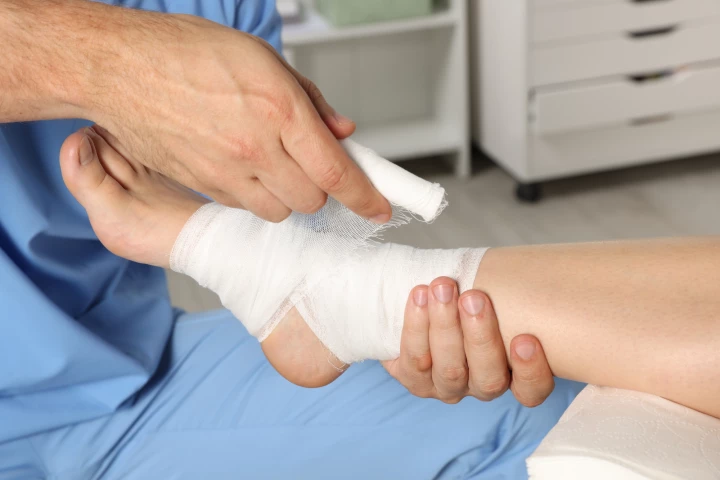University of South Australia
-
A once-a-week Parkinson’s injection could replace multiple daily pills, thanks to a new slow-release formulation developed by researchers. It promises easier treatment, fewer missed doses, and better symptom control.
-
Using more sludge and less slag in their recipe, researchers were able to create a material that's stronger than even today's enhanced cements and highly resistant to corrosion by acid. It could solve a serious problem facing sewer pipes worldwide.
-
Researchers in Australia are working on a way to lower the cost of producing solar thermal energy by as much as 40% with the help of shatterproof plastic rear-view mirrors originally designed for cars.
-
The cannabis-derived compound cannabidiol is gaining traction as a treatment for a multiple conditions, but it's notoriously hard for the body to use. Now a breakthrough production method has removed a major roadblock to its bioavailability.
-
Researchers have examined the increasingly popular practice of cold-water immersion – such as taking a cold shower or taking an ice bath – to see whether there’s any scientific basis for claiming that it has a positive effect on health and well-being.
-
A new study has found that eating a better-quality diet was directly associated with a reduction in chronic pain severity, regardless of body fat. The findings suggest that upping diet quality could be an affordable and effective way to manage pain.
-
An innovative mix of readily available natural products shapes up as a long-term alternative to the likes of Ozempic for managing obesity, diabetes, liver health and inflammation – without the injections, cost or side effects associated with GLP-1 drugs.
-
Engineers at the University of South Australia have taken a page from the days of wooden sailing ships and developed a way for drones to navigate by the stars at night using simple, lightweight equipment for areas where GPS signals aren't available.
-
A study has found excessive social media use has little to no association with depression, anxiety and stress. However, another study found that men risk developing unhealthy obsessions with physique if they place too much importance on likes and comments.
-
If you're getting plenty of leafy greens, dark chocolate, nuts, and beans, you're probably doing fine. But if your diet is lacking, you might want to pay attention to this new eye-opening study that links a mineral deficiency issue to DNA changes.
-
Updating an ancient form of health diagnosis with modern machine learning, researchers have developed a remarkable system that can reveal a range of medical conditions including asthma and diabetes just by looking at your tongue. It aced its tests.
-
A new type of dressing is shaping up as a way to heal chronic wounds without the need for antibiotics. Using a helium plasma jet to activate hydrogel, researchers have created a highly effective antibacterial cover that can swiftly overpower wounds.
Load More











